Informações
Sinopse:
Duração: 00h48m
Data de lançamento: 13 de janeiro de 2016
Genêros: Documentário.
Elenco: Hans Henrik Wöhler,
(1 votos)
?
?

Sinopse:
Duração: 00h48m
Data de lançamento: 13 de janeiro de 2016
Genêros: Documentário.
Elenco: Hans Henrik Wöhler,
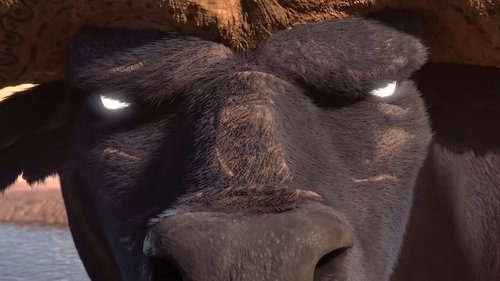
A young lonely lion crosses an arid and desert Savannah. He discovers that the only source of water is kept by a tyrannical buffalo.

Ava é uma chef premiada que perdeu sua inspiração. Ela, então, volta para sua cidade natal para tentar se reconectar consigo mesma. Quando ela se encontra com Logan, seu amigo de infância, ela tem de tirar sua cabeça das nuvens para redescobrir sua paixão pela cozinha e o caminho para o coração.
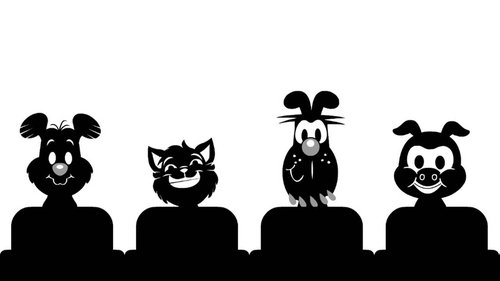
As mais divertidas histórias da turma com bichos e muita bagunça. Monicão e Mingau em: "Muita Confusão para um Só Mônicão", "Quem Foi Que Fez Pipi Aqui?", "Não Morda Tudo que Voa", "A Revolta dos Carecas", entre outras.
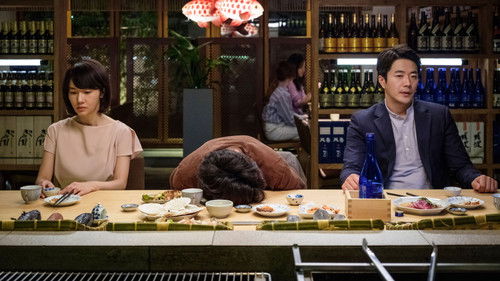
After an embarrassing divorce ceremony, Hyun-woo returns to the single life that he dreamed of and hopes to enjoy his freedom forever. Just six months later, his ex-wife Sun-young comes back into his life, but as the love interest of Sang-chul, an old friend from high school. Now he has to try and escape from her sudden return and avoid his friend who's keen on introducing his new love to his old friend.

This musical version of the tale of the boy who wouldn't grow up aired live on television on March 7, 1955. It was so popular that it was restaged the following year, and again four years later.
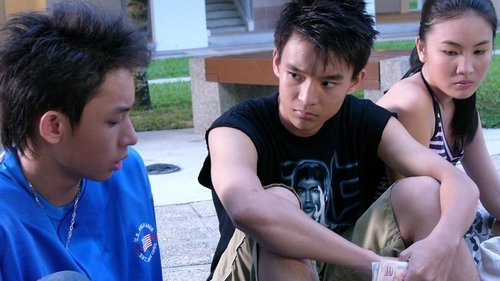
A 2006 Singaporean film and the sequel to the 2002 film, I Not Stupid. A satirical comedy, I Not Stupid Too portrays the lives, struggles and adventures of three Singaporean youths - 15-year-old Tom, his 8-year-old brother Jerry and their 15-year-old friend Chengcai - who have a strained relationship with their parents. The film explores the issue of poor parent-child communication.

Marley está de volta em uma nova aventura que fará todos os rabos abanarem! E desta vez, ele fala! É isso mesmo, "o pior cão do mundo" tem uma voz brincalhona e um comportamento igual. Junte-se a Marley no tempo em que era um filhote bagunceiro, época em que ele e seu amigo das férias de verão, Bodi Grogan, detonam numa competição canina. Marley supera dobermanns, pastores e collies, sempre conquistando todos os corações com seu jeito adorável.
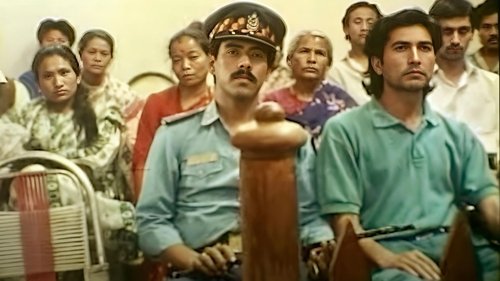
Chunauti is an action-packed romantic comedy that tells a story of love, struggle, and justice. Ajaya and his wife Prabha move to Kathmandu, where Ajaya starts working as a teacher. Later, his sister Gita joins them and enrolls in the same college. There, she meets a kind and charming student, but trouble arises when Madhav, a troublesome student, also starts liking her. One day, a fight breaks out in the college, and when Gita tries to stop it, an inspector arrives and brings the situation under control. Angered by this, Madhav and his group cause harm to Prabha and Gita. They also try to escape punishment through legal means. With no strong evidence, Ajaya takes a stand and challenges the court. In the end, he decides to take justice into his own hands, leading to a tragic ending where the inspector, fulfilling his duty, stops Ajaya. Chunauti is a story of love, courage, and sacrifice in the face of injustice.